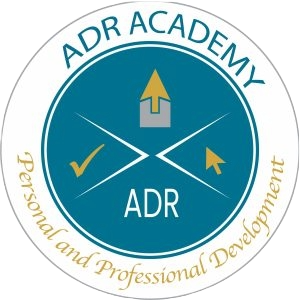Short Course Description
Restorative justice is an approach to addressing harm that focuses on healing, accountability, and restoring relationships rather than punishment. It involves victims, offenders, and the community in a collaborative process to repair the harm caused by an offense.
Core Principles:
- Healing and Repair: Prioritizes the needs of the victims and community.
- Accountability: Encourages offenders to take responsibility and understand their impact.
- Inclusion: Involves all stakeholders in finding solutions.
Processes:
- Victim-Offender Mediation: Direct discussions between victims and offenders.
- Restorative Circles: Community discussions to address harm.
- Restorative Conferencing: Structured meetings to agree on reparative actions.
Goals:
- Empowerment: Gives victims a voice.
- Reintegration: Helps offenders reintegrate by addressing root causes.
- Community Strengthening: Fosters collective responsibility and cohesion.
Benefits:
- Reduces Recidivism: Lowers repeat offending.
- Victim Satisfaction: Higher satisfaction compared to traditional justice.
- Cost-Effective: More affordable than incarceration.
Challenges:
- Voluntary Participation: Relies on willing participants.
- Resources: Requires trained facilitators and resources.
- Balancing Needs: Needs careful facilitation to meet all parties' needs.
Restorative justice is used in various contexts to promote a compassionate and holistic approach to conflict resolution.
Reviews
4.7
4.7
18 ratings - 5 stars13
- 4 stars4
- 3 stars1
- 2 stars0
- 1 stars0
Instructor(s)
Tran



Great information and illustrations concerning restorative justice. Very helpful.
Really great insights on how the legal culture defines “restitution” versus the mediator focus on resolution and restoration. Very informative.
Good information about a subject seldom covered.
It was intesresting.
I was surprised by this session…Lots of things I’d never considered